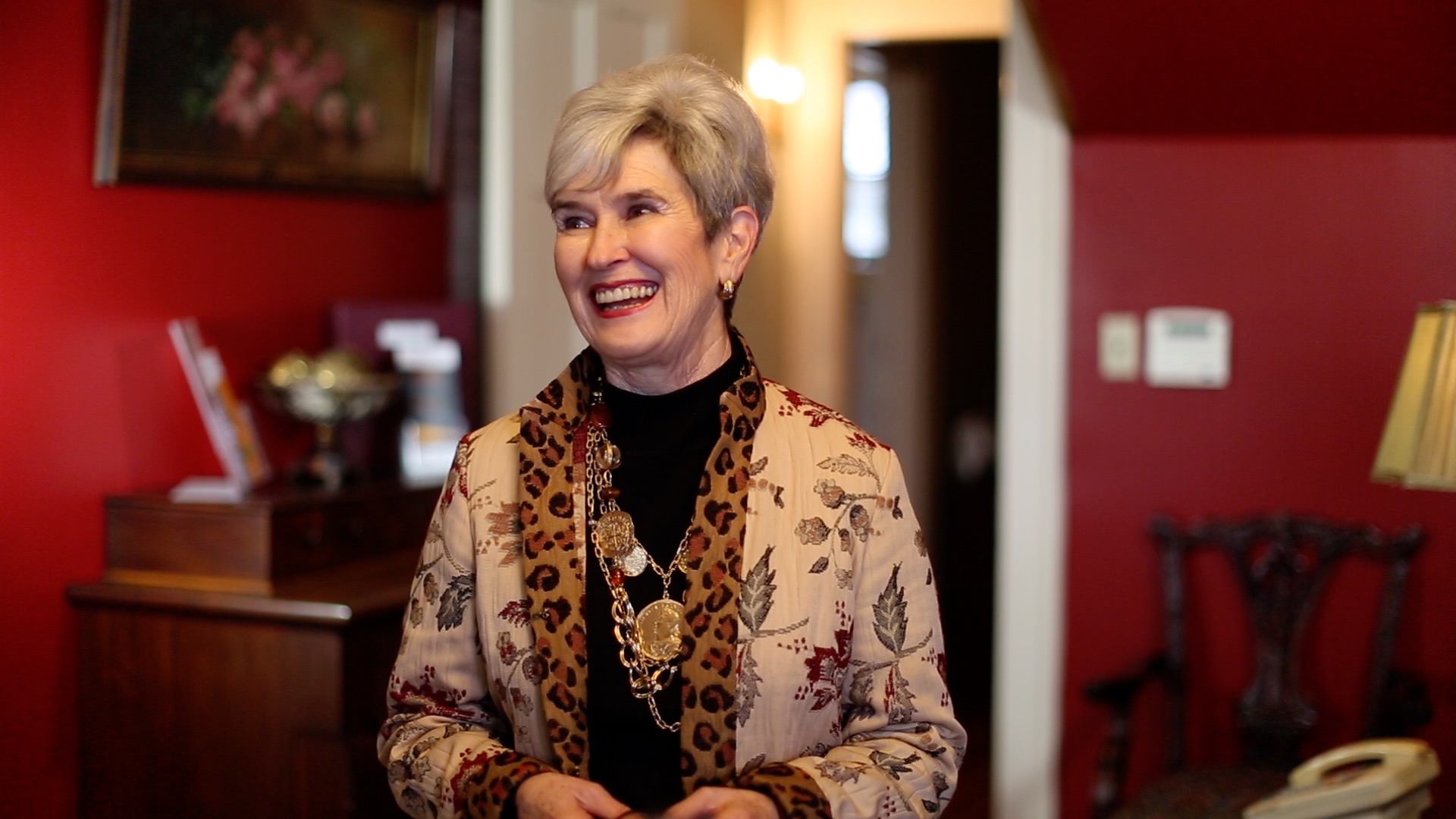Let’s cut to the chase: Interviews are hard. Trying to explain all of your life’s achievements in an hour while still trying to make yourself seem like an enjoyable person is difficult.There are probably many tips you have been given about interviews. How to prepare, how to dress, what to say and how to answer the “describe yourself” question are probably obvious at this point. But what about the less obvious flaws in your interview? What about the mistakes you don’t even know you’re making? Well we’re here to help. Here are the top 10 mistakes that you don’t even realize you might be making.
1. Checking your phone
Now this might seem obvious. Nobody wants to hire someone that cannot be bothered to stop texting during an interview. But most graduates of today use their smartphones for more than just texting or calling. You might be sitting in an interview and wonder what time it is. Many go straight for their phones, look at the time on the screen and put their phones back before they’ve even realized they’ve done it. The employer could find this unprofessional or uncaring.
2. Being too “professional”
If you are trying to be on your very best behavior, there’s a chance you could come off too cold and clinical. You need to make sure that you are being positive and acting like your normal self. Acting mostly professional might help you look good in an interview but your potential employer is also looking for someone that would work well with their company culture. They are looking for someone that coworkers would get along with and someone who fits in with their environment.
3. Vocal disfluencies
Vocal disfluencies include using like, um, huh, urm, uh and well, regularly in their speech. These disfluencies might make you look unprepared or nervous. Also watch your speech patterns if you often make every sentence end as if it were a question, speaking too fast or are speaking in other unprofessional manners, you could lose your chance at the position.
4. Too generic
After going to too many interviews, the positions might start sounding the same. You start going in expecting the same questions about the same topics and feel fully prepared to go into each similar interview. This is a problem because businesses expect you to know about their company. If you aren’t able to ask specific questions to their company or pick up on their company culture, they might see it as disinterest. Nobody wants to hire someone who just wants a job. They want to hire someone that likes their industry, their company and gets excited about this opportunity.
5. Negativity
Nobody wants to hear about other people’s drama. If you had a problem with a previous coworker, boss, or professor, keep it to yourself. Talking badly about others make you look unprofessional. Try to speak as positively as you can and move forward in the conversation. Plus an employer would think if you speak badly about a previous boss, there’s nothing to keep you from speaking poorly about them.
6. Using scholastic achievement in place of experience
Now this is what nobody in your high school or college wanted you to know. Businesses take your scholastic achievement seriously. If you did well in school, it shows you have many great skills to put forward. The issue is when you try to make school or extracurricular activities look like experience. It might be great if you were part of an organization that taught you leadership skills, volunteering for a cause and teamwork, but those are skills and do not necessarily take the place of time spent in any corporate environment. If you have never spent time in the industry, it is usually better to be straightforward about your lack of experience. Trying to place your skills that you learned in another environment makes you look even less prepared for the job at hand.
7. Saying you have other offers
The company that hires you wants to be your first choice. Telling them you have other offers might create a feeling of unease. If they interview someone after you who really wants to work with them, they might assume that the next interviewer cares more or has a more likelihood of taking their offer. You should also keep salary concerns to yourself in the first interview. If the company asks you about what you want for your salary, you can politely say that you’d rather not answer the question. Your salary is your business.
8. Not asking questions
If you are asked at the end of your interview if you have any other questions, you should. It makes you look unprepared or uninterested if you don’t have any questions to ask the interviewer. Ask about what a normal day looks like in the position or what some major goals are for the position at hand. You could even say that you can’t think of questions right now, but might have some later and ask whom you should contact.
9. The dreaded question
As the interview is ending and your interviewer asks if you have any other questions. The worst answer you can give is: “Is there any reason you wouldn’t hire me?” This is problematic because it puts the interviewer on the spot asking if you have the position, where it might not be their place to tell you. It makes them uncomfortable and will likely not get you a critical answer.
10. Not saying thank you.
If you don’t make a conscious effort to thank your interviewer after the interviewer, you might miss your chance. Make sure that you shake your interviewer’s hand after the interview and say “Thank you for your consideration” or “Thank you for your time”. You should also write a follow up thank you note. Depending on the company’s culture, this could either be a handwritten note put into the mail or a personalized email that you send shortly after the interview.
For other interview questions and tips, visit our blog!





